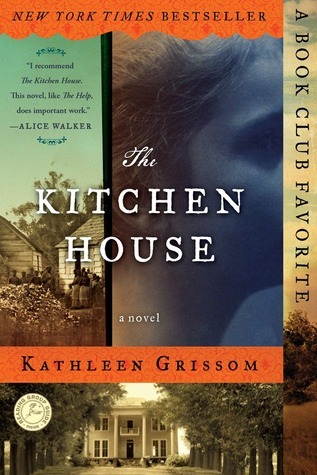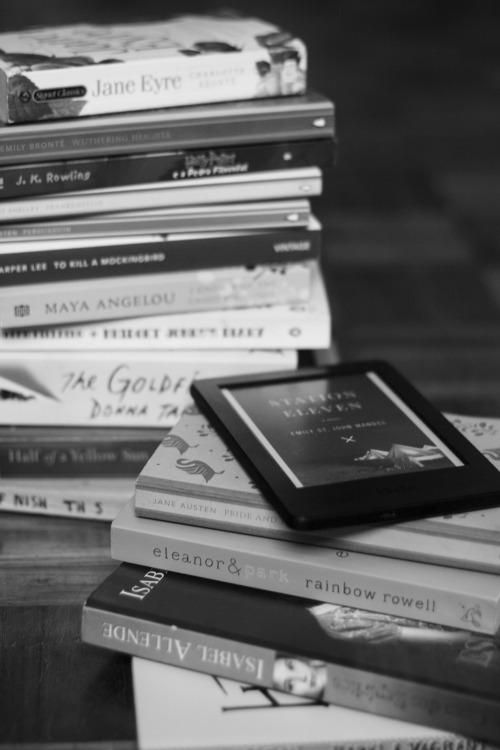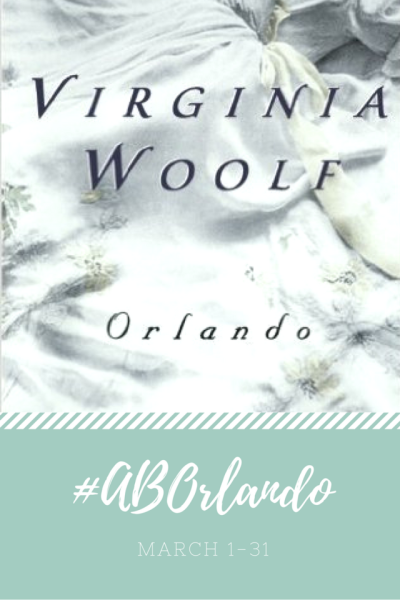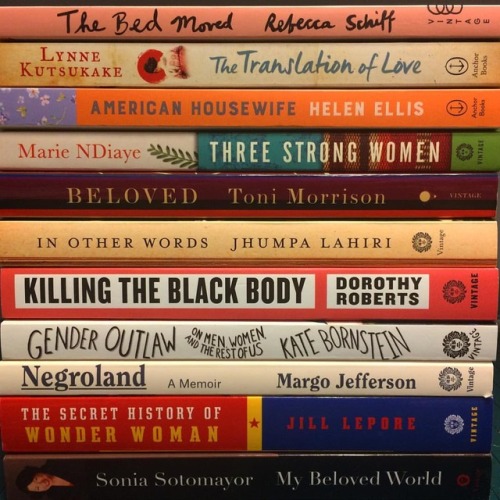#readwomen
The First Bad Man
by Miranda July
I lied to Miranda July. I didn’t intend to, but there you have it.
The First Bad Man was released September 8, 2015. I read it within 48 hours of release and soon after attended an evening at BAM featuring writer/actress/filmmaker/app creator extraordinaire Miranda July interviewed by writer/actress/director extraordinaire Lena Dunham. Both irreverently funny, unapologetically observant and quirkily blunt, it was an evening of understated wit and hallmark vulnerability followed by a book signing by July. Dunham wasn’t present at said book-signing, so I didn’t have the opportunity to lie to her.
The aforementioned lie occurred as July signed an edition of No One Belongs Here More than You to my Aunt for her birthday: I mentioned to her that I was going to feature The First Bad Man on my book blog later that week and to look out for it. Then in the most exacerbated case of procrastination of my life, two and a half years later I’m still carrying the guilt of falsifying to one of my creative paragons.
Today while trolling my files attempting to discover if I even started the review, I happened upon the Pressbook for July’s film The Future. (Why was this even on my computer? I have no idea. I’d like to think July has magical creative powers that drop files on your computer when you need them.) In an interview there, she captures my sentiments: “I just felt so incapable, barely even human, much less brilliant. So I told myself, ‘OK, write from there. What does Incapable sound like?’”
I guess it sounds like this. This whole sordid affair stems from the fact that nothing I pen will encapsulate the ingenuity, the transdimensional artistry of The First Bad Man. It is darkly comical, startlingly salacious, and unavoidably messy, but it is also replete with pathos, with insight, with humanity.
The story centers on Cheryl, an intransigent forty-something who eats from one plate and uses one glass, as she is saddled with the pregnant daughter of her boss, a destructive young woman who throws her life into turmoil.
I just picked up the book to reread highlighted passages, and I found myself laughing out loud. How can I communicate the hilarity that is Cheryl explaining the origin of inter-office rules as based on a series of Japanese customs or the curious sense of meditation she later discovers riding an ATV? How can I articulate the risqué encounters at the center of the book, tropes emblematic of July’s writing that force us all to face our darkest selves?
The truth is that nothing I write to recommend this book will be enough to truly reflect what’s inside its twisty pages. In her writing July implants thoughts that you yourself didn’t know you were capable of entertaining. Her phrases herald a primal reckoning, a stripping away of the constant apology that accompanies being a sexual being, and a melting of the outer shell that protects our most vulnerable parts. Leaving - what? Whatever is left after all of the layers have been peeled away: the gooey center, the amorphous essence of what it is to be human.
Post link
The Kitchen House
By Kathleen Grissom
I didn’t want to read The Kitchen House. I loathed the idea of spending any time in a fictionalized world built around slavery and southern plantation living. But reader after reader praised the novel, so I downloaded the “preview” before splurging the $1.99 on a title I was determined not to like.
By the time I tore through the first few chapters, the limited time sale was over and the book was $11.99. I didn’t care. I bought it immediately so I wouldn’t have to stop.
The Kitchen House follows the story of Lavinia, an Irish immigrant suppressing a terrible past at the tender age of 7. Purchased by a Virginian plantation owner, she works and lives in the Kitchen House, the slave quarters that serves the “Big House.” With a name like Lavinia, I was concerned for her well-being from the get-go. (See Titus Andronicus; Season 2 of Downton Abbey). But Lavinia turns out to be plucky, curious and extremely loving.
Lavinia has a unique perspective as both an indentured servant to the Big House and as a white girl in the south. While the Kitchen House inhabitants become her family, the Big House tenants also have their eyes on her. And though she crosses many of the divides established as a result of slavery over her lifetime, in a way, she is the most isolated of all the characters. She doesn’t truly belong anywhere.
What’s interesting in my reluctance to read the book is that it directly mirrors Grissom’s reluctance to write it. While restoring a plantation tavern in Virginia, she happened upon a location in the plans called “Negro Hill.” It haunted her so much that one day journaling, a fictional story about its legacy poured onto her paper. Even Grissom herself was disturbed by the tale, but it, like the book’s heroine, was stubborn, and would not be altered.
The Kitchen House has heart smeared across every page. It’s laden with tears and tragedy, buoyed by stubborn determination and an inextinguishable need to survive. It hurts right below the sternum, like a punch to the gut that allows you to take bigger, fresher breaths.
The reluctant reader of a reluctant writer, it strikes me that perhaps the stories we avoid writing are the ones that most need to be written; and the stories we avoid reading may be the very ones we need to read the most.
Post link
It’s March already and this month’s theme is genderqueer women in honour of Women’s History Month.
Orlando by Virginia Wolf
Orlando has been called ‘The longest and most charming love letter in literature’ and it lives up to the name, spanning over three hundred years of immense political and social changes. During a political uprising Orlando, a young man living in the Elizabethan Era, turns into a woman and sees the world change and evolve over the years. The use of irony and farce in Virginia Wolf’s Orlando highlights many of the issues women faced for several centuries leading up to the early 20th century.
We’ll be reading this throughout March, make sure to tag your posts with the hashtag #aborlando
Wandering Son, Vol. 1 by Takako Shimura
This beautiful Japanese Manga follows fifth graders, Shuichi and Yoshion. Shuichi is new at school and befriends Yoshion, but both have a secret. Shuichi is a boy who wants to be a girl, and Yoshino is a girl who wants to be a boy. We follow them as they both question their identities and learn how to be comfortable with their true selves. It is a sweet and loving story about friendship and identity.
Still unsure? Why not try out the first chapter here! Discuss with us and post on social media with the tag #abwandering
Post link






